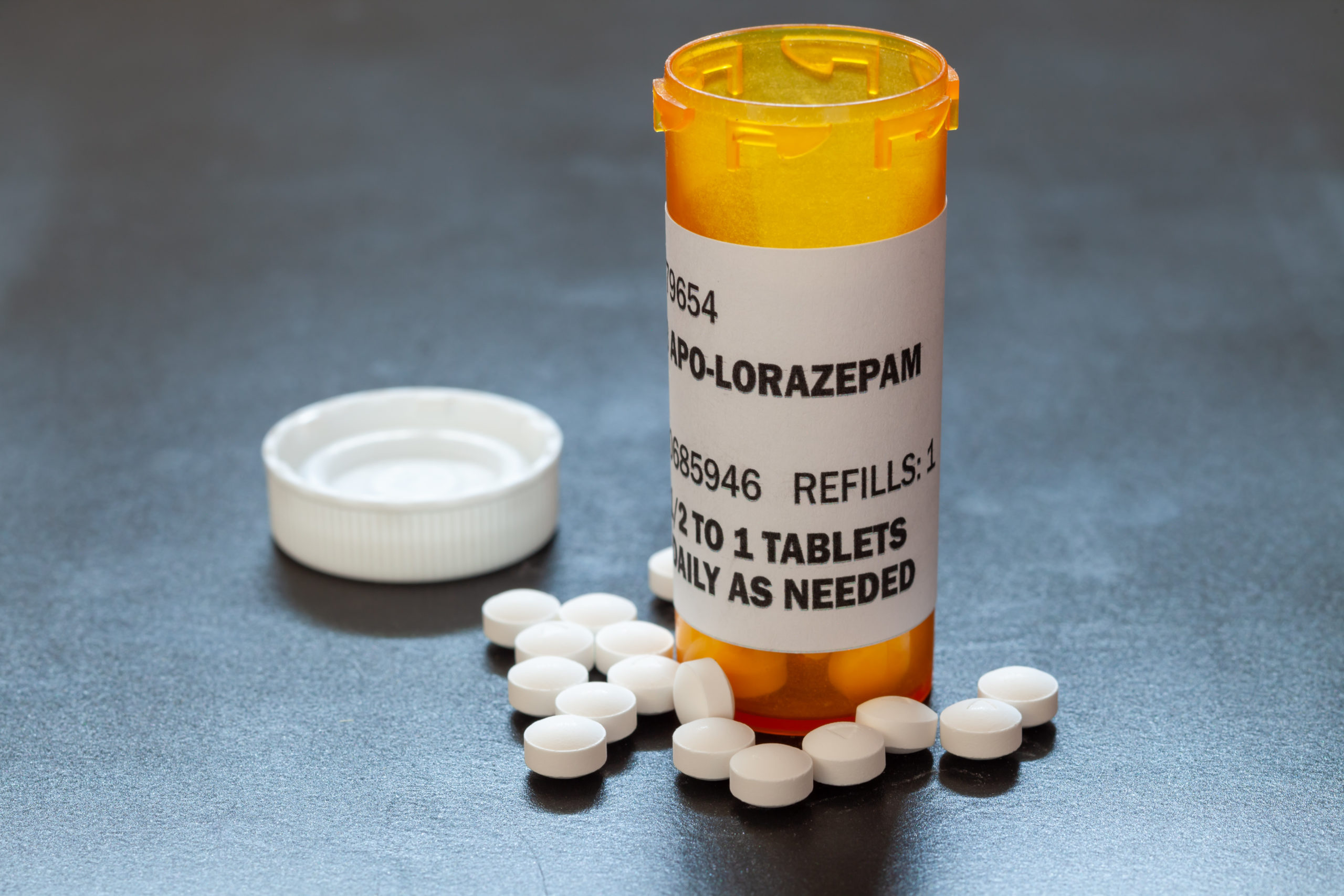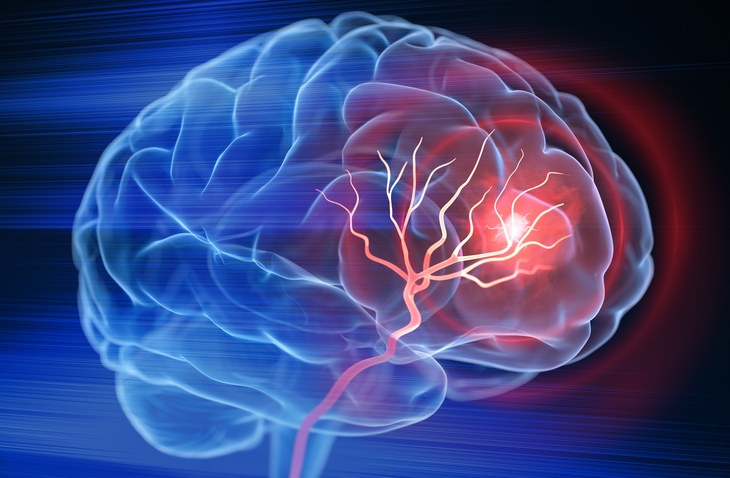
According to a report published in Schizophrenia Research, overactive, aggressive, disruptive, or agitated behavior (OADA) is a major challenge in patients with schizophrenia that can clearly increase the risk of injury and death. However, the report’s authors highlighted previous studies regarding this population that identified physical aggression as a risk factor for sudden cardiac death and agitation as a risk factor for suicide.
The team, led by Maria Fagerbakke Strømme, evaluated the effect of different psychotropic medications on the risk of psychiatric readmission for OADA. Ultimately, they found that patients with schizophrenia who received antipsychotics and antidepressants had a reduced risk of psychiatric readmission, whereas those who received benzodiazepines had an increased risk.
Benzodiazepines May Increase Risk for Psychiatric Readmission
The study enrolled 663 consecutive patients who were diagnosed with schizophrenia per ICD-10 criteria after admission to the authors’ center between May 2005 and June 2014. They subsequently followed-up over a 10-year period, ending in May 2015. Drug prescriptions were retrospectively determined via medical records, and treatment adherence was estimated with available information from patients, families, medical records, and serum-level measurements.
Researchers used the first item on the Health of the Nation Outcome Scale (HoNOS) to assess the severity of OADA at every readmission. Treatment periods on or not on antipsychotics, antidepressants, mood stabilizers, and benzodiazepines were used as time-dependent variables and compared using Cox multiple regression analyses.
According to the study, 161 (24.3%) of 663 patients were readmitted with OADA. The mean and median years-to-readmission with OADA was 2.8±2.6, and 2.1 years, respectively. The risk of readmission with OADA was negatively associated with antipsychotics and antidepressants and positively associated with benzodiazepines with the following adjusted hazard ratios (AHR):
- Antipsychotics: 0.33 (95% CI, 0.24-0.46; P<.01)
- Antidepressants: 0.57 (95% CI, 0.34-0.95; P=.03)
- Benzodiazepines: 1.95 (95% CI, 1.31-2.90; P<.01)
The study also found that excessive use of illicit substances appeared to increase the risk of OADA readmission (AHR, 1.59; 95% CI, 1.02-2.45; P=.04), while patients treated with mood stabilizers did not show a significant difference in readmission.
Authors acknowledged that OADA was only assessed on the first day of readmission and episodes in-between readmissions were not recorded if they did not lead to rehospitalization, which could have limited the study’s findings. In addition, the researchers were not able to identify if periods of treatment non-use were due to non-adherence or clinician-guided discontinuation.
The authors concluded “These findings emphasize the importance of the use of antipsychotic medications and antidepressants, and may indicate the need for more restrictive use of benzodiazepines in patients with schizophrenia after hospital discharge.”







 © 2025 Mashup Media, LLC, a Formedics Property. All Rights Reserved.
© 2025 Mashup Media, LLC, a Formedics Property. All Rights Reserved.